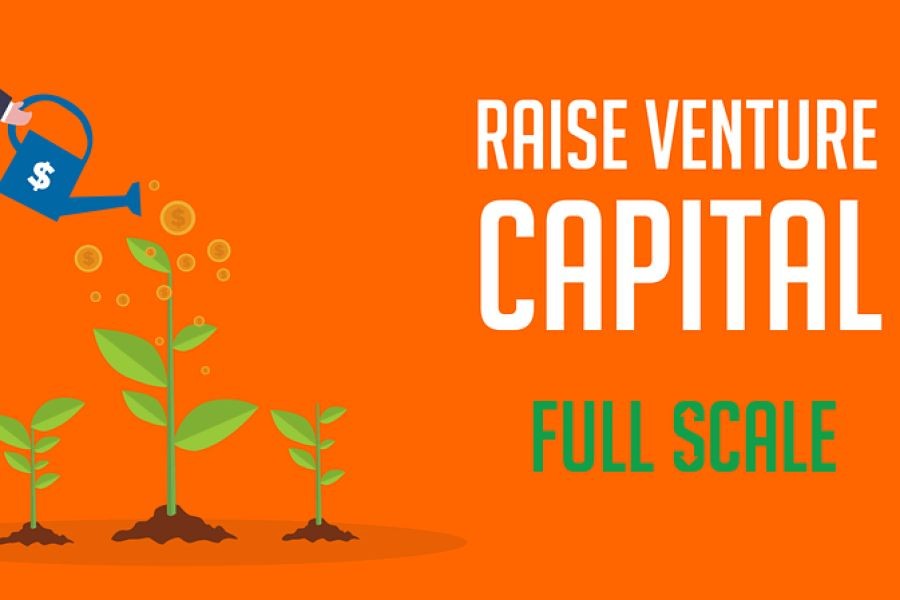In the heart of New Zealand, where lush landscapes meet innovative minds, the agriculture sector is undergoing a profound transformation. The push towards sustainability and green innovations is not just a trend—it's a necessity. With climate change posing significant challenges, New Zealand's agricultural industry is embracing new technologies and practices to ensure a sustainable future. This article delves into the green innovations reshaping Kiwi agriculture, providing insights that financial advisors can leverage to guide their clients towards sustainable investments.
The Urgency of Green Innovations in Kiwi Agriculture
New Zealand's agriculture sector is a cornerstone of the national economy, contributing approximately 7% to the GDP and employing over 5% of the workforce. However, it also accounts for nearly half of the country's greenhouse gas emissions. This dichotomy presents both a challenge and an opportunity for innovation.
According to a recent report by the Ministry of Business, Innovation, and Employment (MBIE), the integration of sustainable practices could potentially reduce emissions by up to 30% within the next decade. This shift not only aligns with New Zealand's commitment to the Paris Agreement but also positions the country as a leader in sustainable agriculture.
Case Study: Precision Agriculture in Canterbury
Problem: A mid-sized farm in Canterbury faced declining yields due to unpredictable weather patterns and inefficient resource use. Traditional farming techniques were no longer viable in the face of these challenges.
Action: The farm adopted precision agriculture techniques, utilizing GPS technology and data analytics to optimize planting, watering, and harvesting processes. This approach allowed for precise control over resources, reducing waste and improving efficiency.
Result: Within two years, the farm reported a 20% increase in crop yields and a 15% reduction in water usage. The financial savings and increased output translated to a 25% rise in profits.
Takeaway: Precision agriculture demonstrates how technology can drive sustainability and profitability. For financial advisors, this highlights the potential for investing in agricultural technologies that promise both environmental and economic returns.
Data-Driven Insights: The Role of Technology in Green Innovations
The integration of technology into agriculture is not merely an option but a necessity. A recent study from the University of Auckland indicates that farms utilizing AI and IoT technologies have seen productivity improvements of up to 40%. These technologies enable real-time monitoring and decision-making, reducing resource wastage and enhancing crop management.
Moreover, the Reserve Bank of New Zealand reports that the agri-tech sector is poised for significant growth, with investments expected to increase by 15% annually over the next five years. This trend presents a compelling case for investors seeking sustainable growth opportunities.
Pros and Cons of Green Innovations
✅ Pros:
- Increased Efficiency: Advanced technologies streamline operations, leading to higher productivity.
- Environmental Benefits: Reduction in emissions and resource usage aligns with global sustainability goals.
- Economic Gains: Enhanced yields and reduced costs translate to higher profitability.
❌ Cons:
- Initial Investment: High upfront costs can be a barrier for smaller farms.
- Technological Complexity: Requires training and adaptation to new systems.
- Variable Results: Outcomes can vary based on environmental factors and implementation quality.
Debunking Myths in Agricultural Innovations
Myth: "Green technologies are too costly for small farms."
Reality: While initial costs can be high, many solutions offer long-term savings and increased profitability. Government subsidies and grants are also available to support small farms in transitioning to sustainable practices.
Myth: "Traditional farming methods are more reliable."
Reality: Technological advancements have proven to enhance reliability by providing data-driven insights that traditional methods cannot match.
Future Trends and Predictions
The future of New Zealand's agriculture lies in the continuous integration of technology and sustainable practices. By 2028, experts predict that 70% of Kiwi farms will adopt some form of precision agriculture, significantly reducing the sector's carbon footprint.
Additionally, the development of bio-based products and regenerative farming techniques will further solidify New Zealand's position as a global leader in sustainable agriculture. For financial advisors, this represents a unique opportunity to guide clients towards investments that are both profitable and impactful.
Conclusion
As New Zealand's agriculture sector evolves, the integration of green innovations presents both challenges and opportunities. For financial advisors, understanding these trends is crucial in guiding clients towards sustainable investment opportunities that promise both environmental and economic benefits. By embracing these innovations, New Zealand not only addresses its environmental responsibilities but also strengthens its agricultural economy on the global stage.
What’s your take on the future of agriculture in New Zealand? Share your insights below!
People Also Ask (FAQ)
- How do green innovations impact New Zealand's agriculture sector? Green innovations enhance efficiency, reduce emissions, and improve profitability, aligning with national sustainability goals.
- What are the challenges of adopting green technologies in agriculture? High initial costs and the need for technological training are significant barriers for many farms.
Related Search Queries
- Green technology in agriculture NZ
- Sustainable farming practices New Zealand
- Precision agriculture benefits
- Agri-tech investment opportunities NZ
- Future of farming in New Zealand





![Discover the Magic of [13280] | Explore [13281] & [1765] in Depth](https://s3.ap-southeast-2.wasabisys.com/cdn.vidude.com/upload/photos/2025/02/0616335bef4c539e747fac49d485658f199c41f7iaqA4QYQgIega6oB8Av9.video_thumb_9085_7.5.jpeg)

























